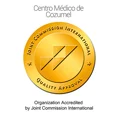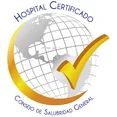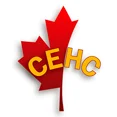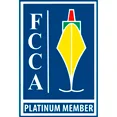
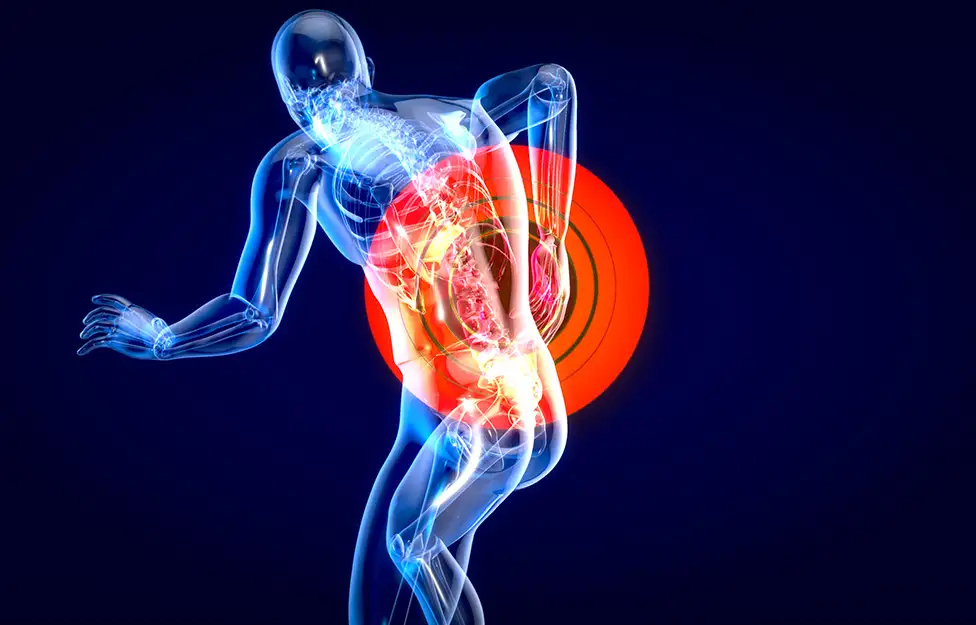
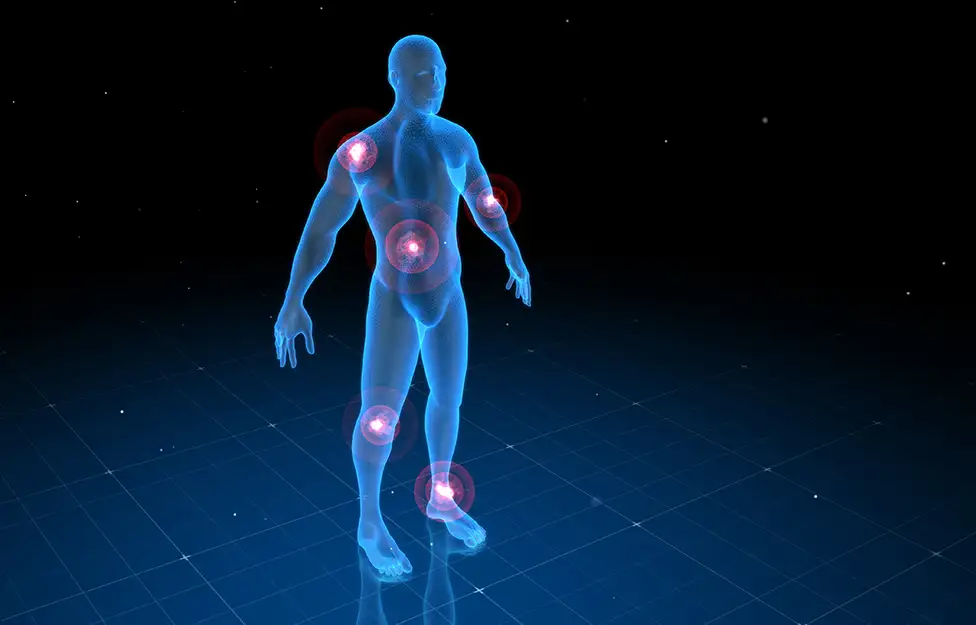
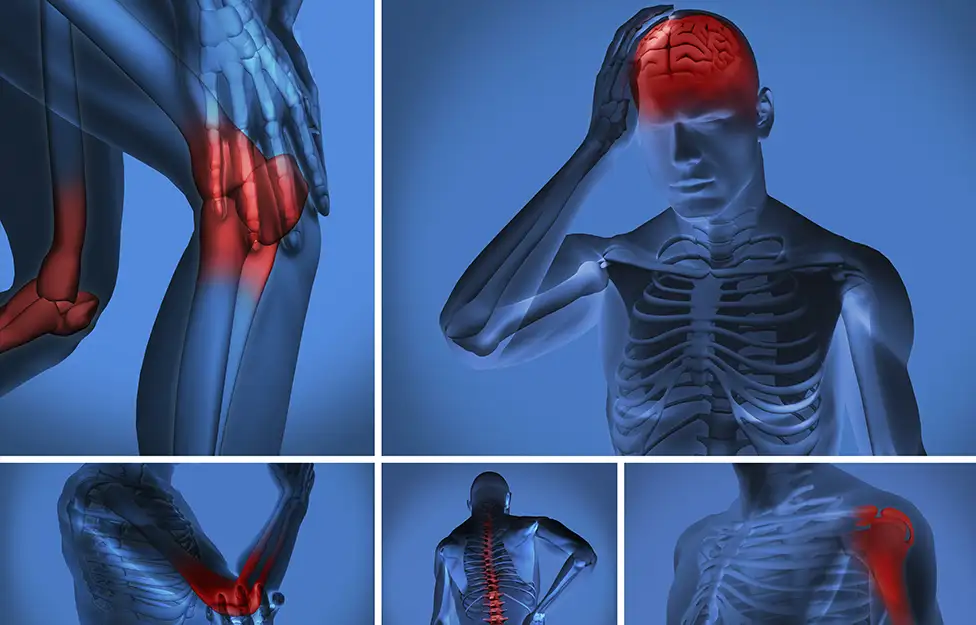
Pain Management Clinic
Specialists that form the Pain Management Clinic:
- *Algologist – pain specialist
- *Neurosurgeon – specialist in the nervous system
- *Anesthesiologist
- Psychologist
- Rehabilitation
- Psychiatry
- General practitioners
Pain is an unpleasant sensory and emotional experience that can be felt by all living beings having a central nervous system: It is associated with an injury and is also described as a set of neurophysiological mechanisms that modulate physical damage information and send “protective” signals to the brain warning and alerting the body about an injury, or damage. The science that studies pain is called ALGOLOGY.
The body sends warning signals to the brain which, in turn modulates the pain and acts in order to warn about an injury and to prevent further damage. If the pain is persistent for 3 months or longer, it is time to address it, as this is known as Chronic Pain.
Types and Causes of Chronic Pain:
|
|
These patients have different types of pain sensations: burning, sharp pain, numbness, tingling, itching and tearing.
The pain ranges from moderate to severe and may vary. Sometimes it can become so unpleasant that some people may not be able to even stand clothes, quilts, changes in barometric pressure, changes in altitude, or drastic changes in temperature, sun exposure, rain, even wind.
The distress can affect life and is complemented by stress, anger, tics, noise discomfort, seeing bright lights, insomnia, etc.
Palliative Care
Palliative Care is the branch of medicine responsible for preventing and lessening pain and to provide the best possible quality of life for patients suffering from a terminal illness compromising their lives, and is meant to address both for their well-being and of their families.
Pharmacological Treatments
- Non-opiate oral medication (pills)
This is the first resource used by physicians combining and using different drugs and doses for effective pain management. This includes non-steroidal anti-inflammatory (NSAIDS) drugs such as ibuprofen and mild analgesics, such as acetaminophen,
- Opioids
If the above is not successful, the next step will be the opiate family, such as codeine, morphine, or a pain relief patch. The body produces endorphins to attack pain. Opioids have a similar effect.
Infusion pumps – external drug administration.
They administer the opiate medication through an intravenous, or epidural catheter into the spinal column. They are very effective to ease the pain.
- Peridural infusion pump
Usually, infusion pumps are surgically implanted in the abdomen. They send pain medication through a thin, flexible catheter (plastic tube) to the area around the spinal cord (called the “peridural space”). The pain medication goes straight to the area surrounding the spinal cord. The infusion pump can offer significant relief with a small portion of medication than the one used in other treatments.
Neurolytic blocks
Neurolytic blocs are injections directly applied to certain nerves that interrupt them, or inhibit them from sending pain messages.
Neuromodulator
An implantable device similar in size to a pacemaker, which is placed under the skin and sends electrical stimulation through an electrode cable implanted close to the spinal cord or affected peripheral nerves.
Neuroablation
With neuroablation doctors usually with heat interrupt the nerves that serve as pathways to the brain. Neuroablation is often a last resort when all other treatments have failed.
Where to Do It?

